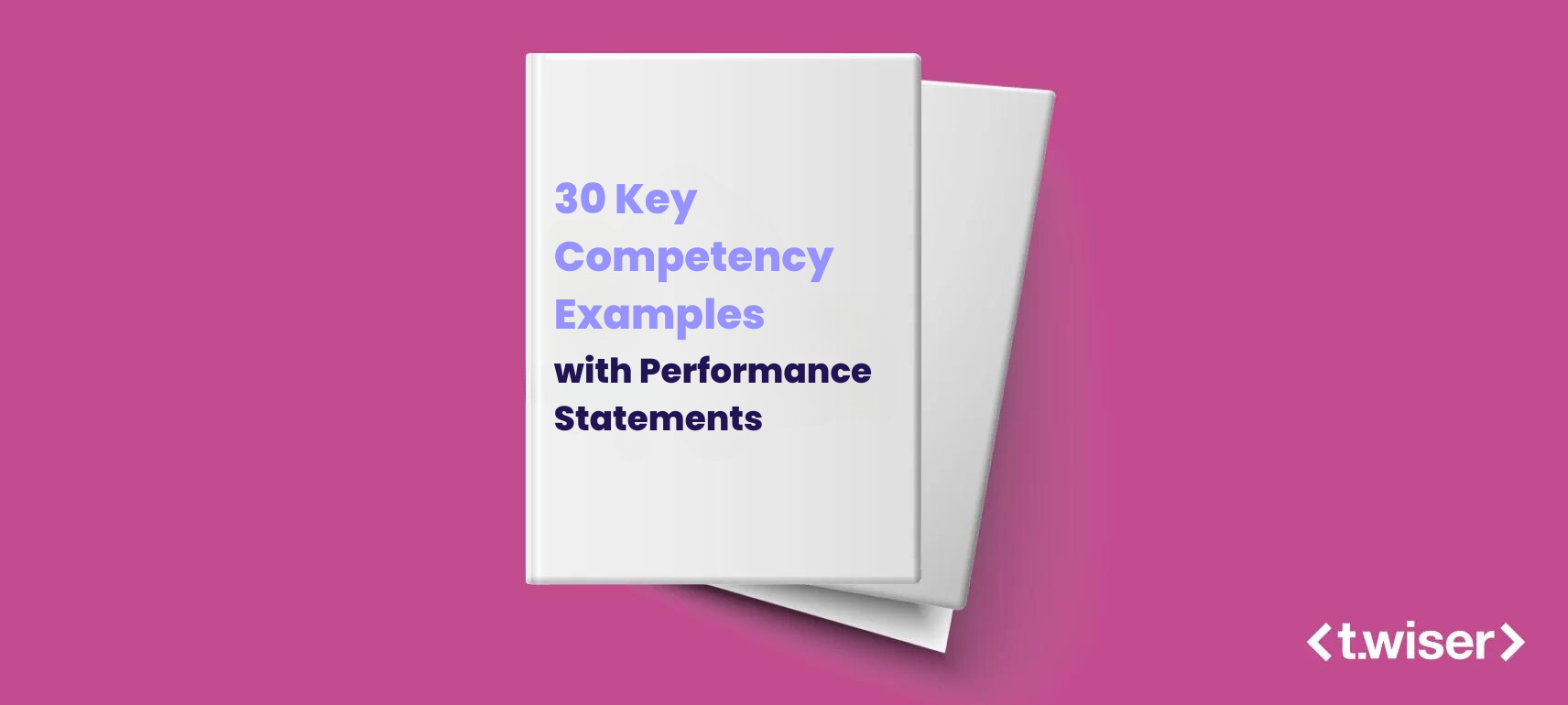A Learning Management System (LMS) is a software platform that provides online learning solutions for educational institutions, businesses, and other organizations. LMS platforms can include features such as course management, testing and assessment, and tracking and reporting. With so many LMS options available, it can be challenging to choose the right one for your organization. In this article, we’ll explore five popular LMS examples to help you make an informed decision.
1. Moodle
Moodle is an open-source LMS that is widely used in education and corporate training. It offers a range of features, including course management, assessment tools, and collaboration features. Moodle is highly customizable, and users can add or remove features to suit their needs. Moodle is also free to download and use, making it an affordable option for organizations on a budget.
2. Blackboard
Blackboard is a popular LMS used by many educational institutions and businesses. It offers features such as course management, assessment tools, and communication and collaboration features. Blackboard also provides tools for creating and delivering online lectures and webinars. Blackboard is a commercial product, with pricing that varies depending on the organization’s size and needs.
3. Canvas
Canvas is a cloud-based LMS that is used by educational institutions, businesses, and other organizations. It offers features such as course management, assessment tools, and communication and collaboration features. Canvas also provides tools for creating and delivering online lectures and webinars. Canvas is a commercial product, with pricing that varies depending on the organization’s size and needs.
4. Schoology
Schoology is a cloud-based LMS that is widely used in education. It offers features such as course management, assessment tools, and communication and collaboration features. Schoology also provides tools for creating and delivering online lectures and webinars. Schoology is a commercial product, with pricing that varies depending on the organization’s size and needs.
5. TalentLMS
TalentLMS is a cloud-based LMS that is used by businesses and other organizations. It offers features such as course management, assessment tools, and communication and collaboration features. TalentLMS is highly customizable, and users can add or remove features to suit their needs. TalentLMS also offers a range of pricing plans, making it an affordable option for organizations of all sizes.
Conclusion
Choosing the right LMS platform is critical for providing effective online learning solutions for your organization. By considering the features and pricing of each LMS platform, you can make an informed decision that meets your organization’s needs. The LMS examples outlined in this article are all top options to consider.



















